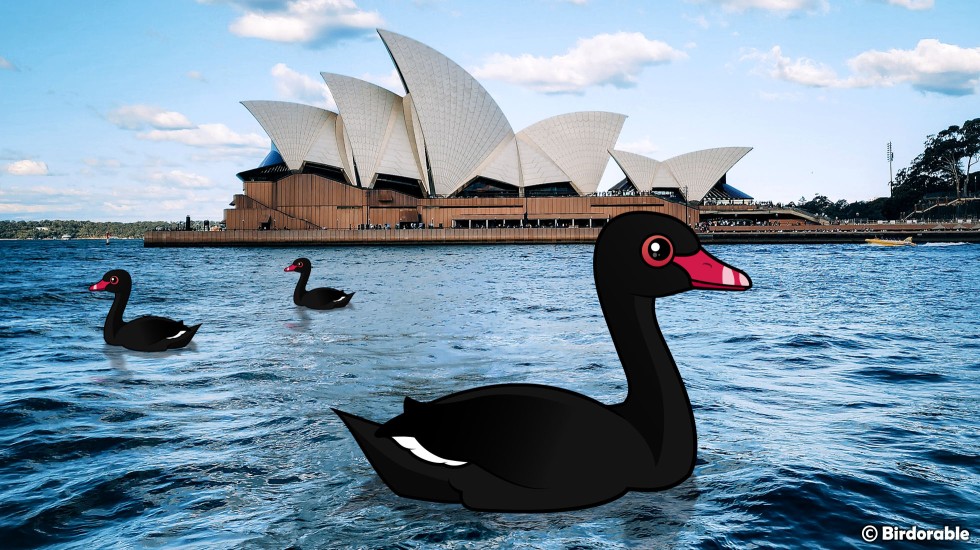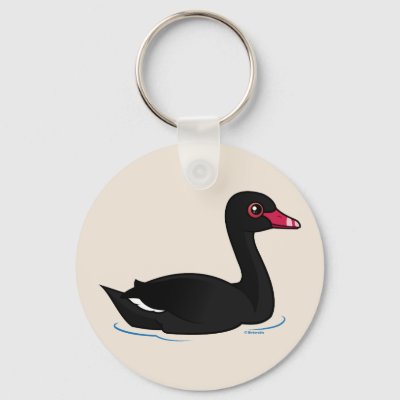
The Black Swan, a bird steeped in history and symbolism, has traversed an incredible journey from myth to reality in the eyes of Europeans. For over 1,500 years, the term "Black Swan" was a metaphor in European cultures for something that was impossible or did not exist. The prevailing belief was that all swans were white, as evidenced by the only known species at the time, the Mute and Whooper Swans, both predominantly white. Mute Swans and Whooper Swans, both mostly white, were the only species of swan known to western culture at the time. The very idea of a black swan was considered as impossible as a flying pig.
The discovery of the Black Swan in Australia in the late 1600s by European explorers was nothing short of astonishing. It upended centuries of entrenched beliefs, serving as a powerful reminder of the vastness and mystery of the natural world. The sight of these elegant birds, with their striking black plumage and contrasting red bills was as astounding as stumbling upon a mythical creature.
The Black Swan's presence became a symbol of discovery and the unknown, challenging the limits of people’s understanding of nature. It shifted from a metaphor for the impossible to an emblem of the unexpected and the rare.
In Australia, the Black Swan has assumed a significant cultural role, particularly in Western Australia. Its uniqueness and contrast to the northern hemisphere’s white swans have made it a symbol of Australian identity and the distinctiveness of the antipodean experience. This symbolism is reflected in its prominent inclusion on the flag and coat-of-arms of Western Australia.
The Black Swan’s story is not just about a bird; it’s a narrative that intertwines nature, culture, and history. It represents a paradigm shift in thinking, from the certainty of the known to the acceptance and embrace of the unfamiliar. Australians, especially those in Western Australia, have adopted the Black Swan as a representation of their unique place in the world, celebrating the beauty and diversity of their natural heritage.
If you'd like to read more about Black Swans and pop culture, check out this article.










